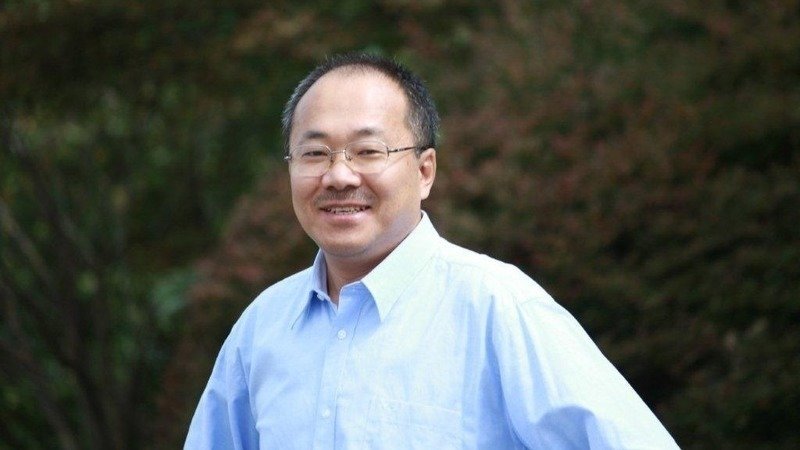To our knowledge, more than a year into Dong’s detention, the Chinese authorities have not produced any concrete evidence to support the espionage charge. Although Dong worked at a Communist Party newspaper, he joined the Communist Party and therefore had limited access to what the Chinese authorities consider “secret.” Moreover, the Chinese authorities had allowed Dong’s regular interactions with foreigners to occur for more than 20 years.
According to Chinese law, to prove the charge of espionage, the Chinese authorities must show that Dong is “an agent of an espionage organization.” Because Chinese authorities are scrutinizing his ties with foreign diplomats, journalists, and academics, the charge implies that many institutions Dong had interacted with, including the Japanese embassy in Beijing, the U.S. embassy in Beijing, Harvard University, and several Japanese universities, are potentially on trial in China as “espionage organizations.”
When news of Dong’s arrest appeared in international media in late April, many Chinese nationalists attacked Dong on social media, saying that Dong’s fellowships from Harvard and Japan are sufficient evidence of espionage. Some even posted a list of Nieman Fellows from China and called on the Chinese government to investigate all of them for crimes.
Any prosecution of Chinese journalists and fellowship recipients based solely on their lawful foreign ties is against the rule of law. President Xi Jinping of China has spoken and written extensively about the significance of the rule of law in China’s future. Dong’s prolonged detention contradicts Xi’s vision.
Meetings with foreign diplomats and journalists, as well as fellowships abroad, should not be construed as evidence of espionage. As Dong’s colleagues asked in their open letter, “Who would want to come to China to meet Chinese journalists, academics, or diplomats if these meetings could be used as evidence that the Chinese side is committing espionage?”

